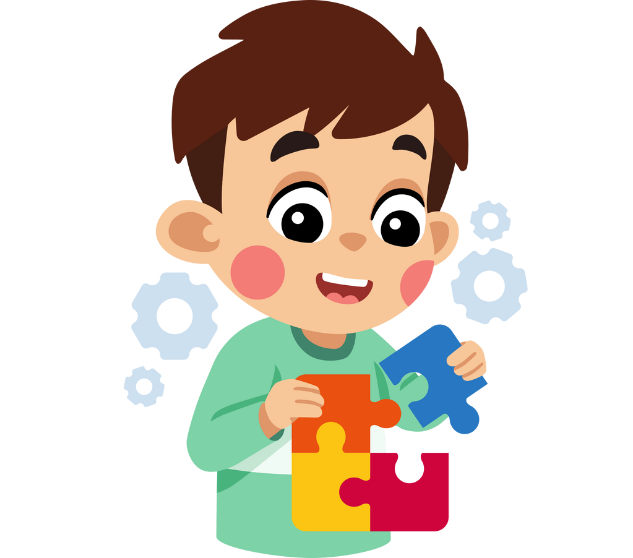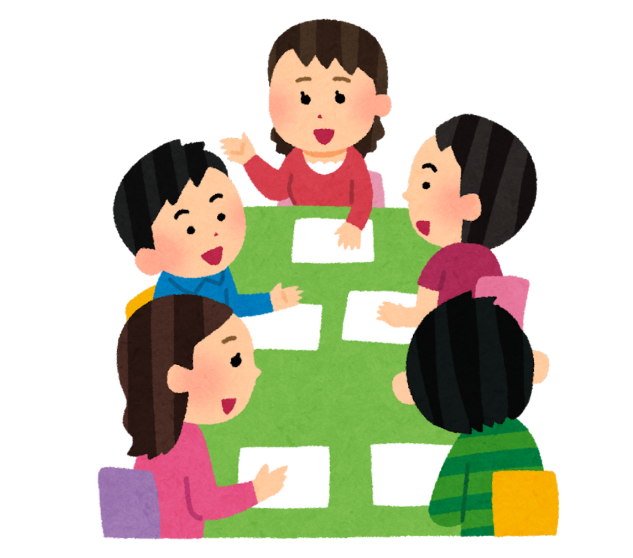------
Every child has a unique personality, way of interacting, and emotional response. Personalized growth in emotional and social development means providing tailored guidance that suits each child’s character and needs—helping them grow into emotionally healthy individuals who can build strong social relationships



























